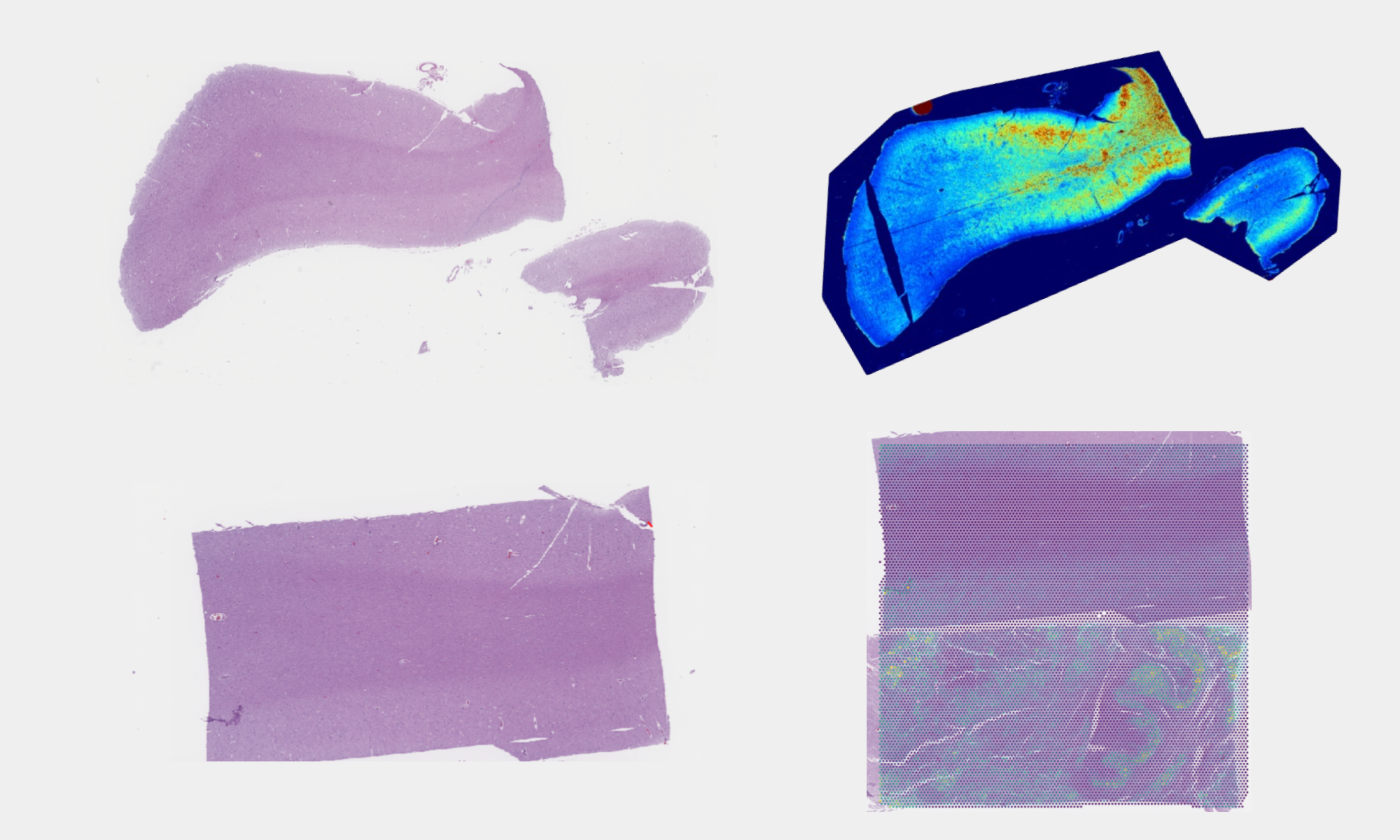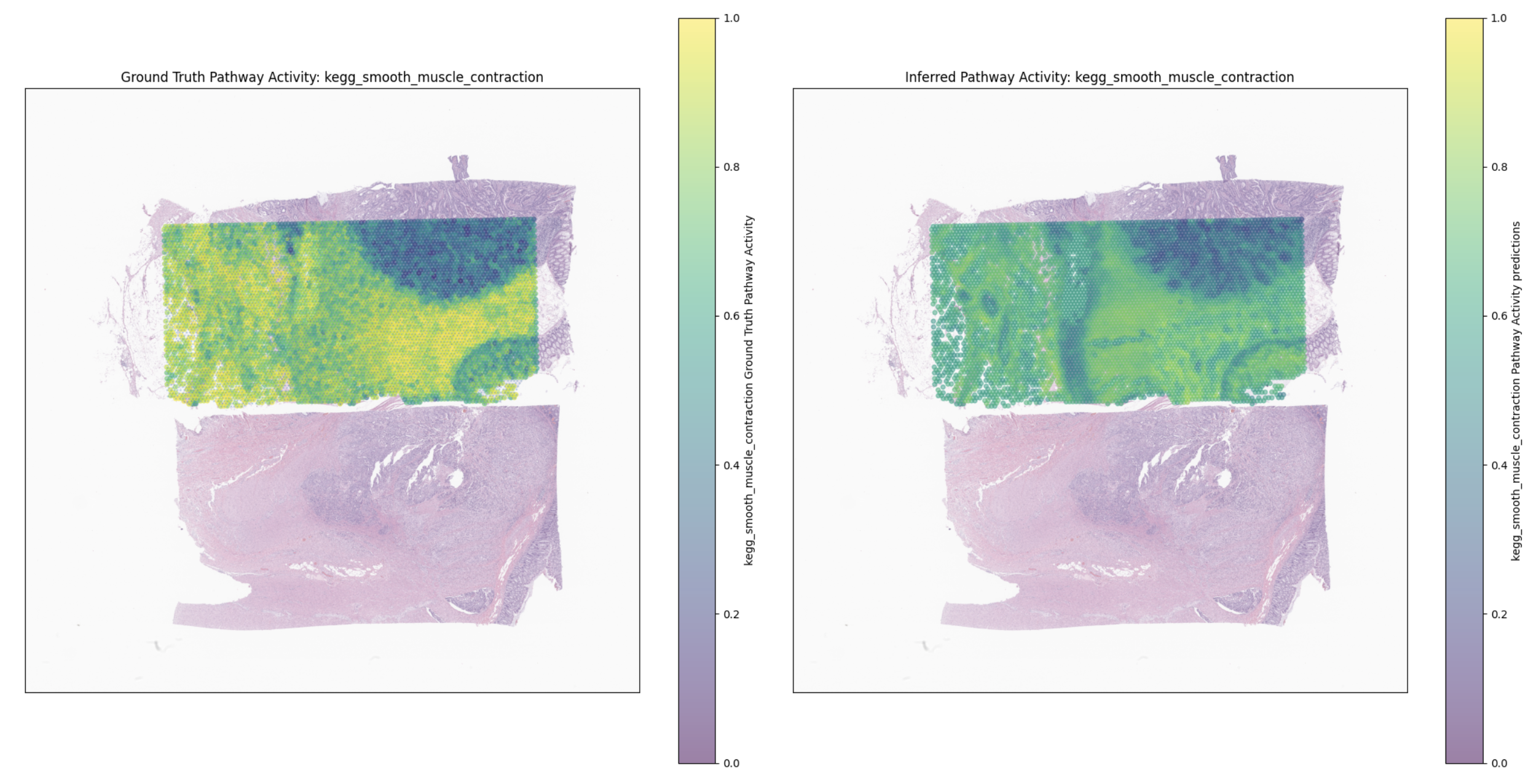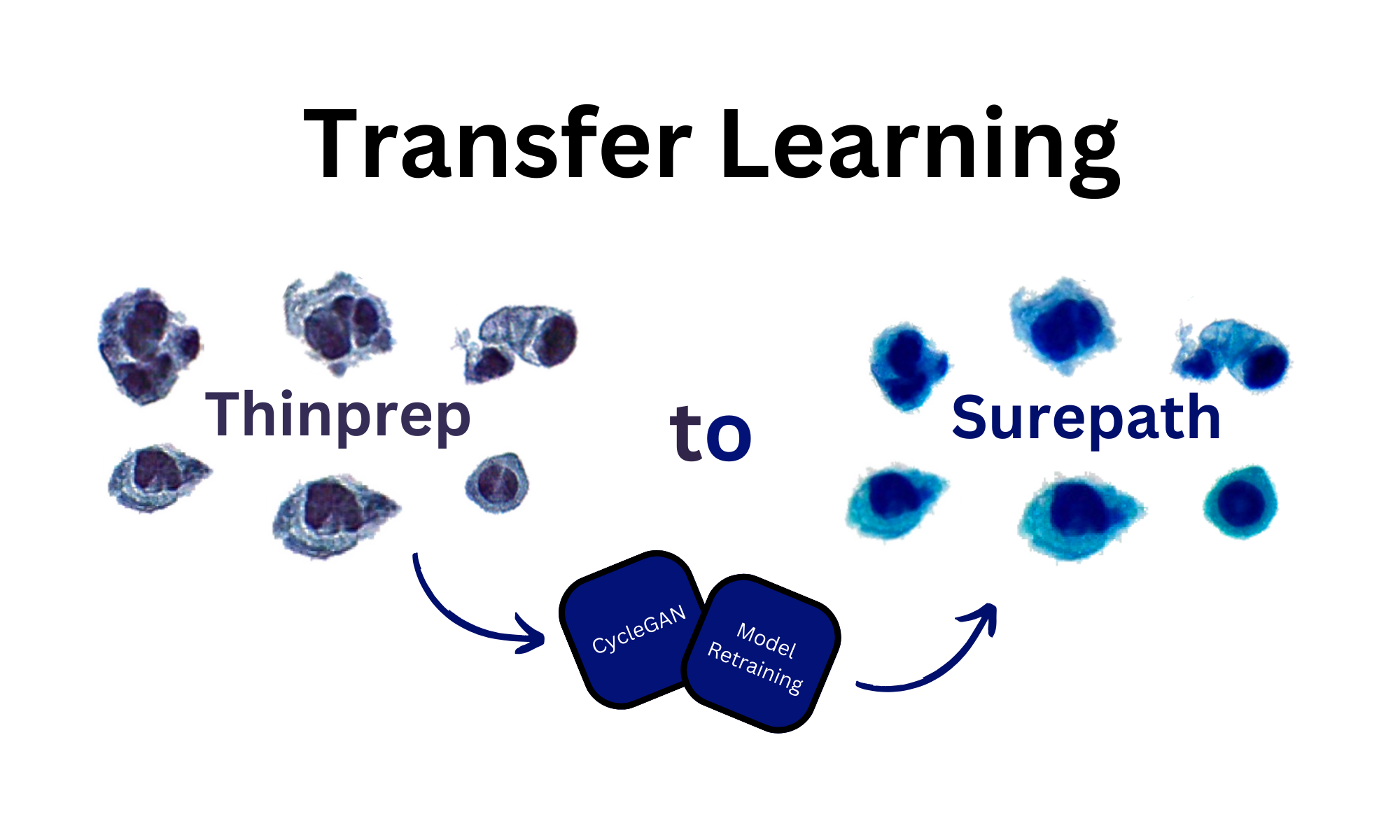The Emerging Diagnostic and Investigative Technologies (EDIT) Machine Learning program is an integrated and collaborative resource spanning across multiple clinical departments and is focused on developing innovative diagnostic AI technologies.
Interns will learn to develop and apply artificial intelligence technologies in medicine with an emphasis on cancer translational sciences. Program components will include: 1) didactics with lectures, online tutorials, and workshop classes featuring a biomedical curriculum covering key biomedical and artificial intelligence concepts; 2) guided research projects with emphasis on building research independence, and 3) supported basic lab research. Students will work as members of existing labs to develop algorithms across the range of diagnostic methods in pathology and other clinical subspecialties, from cancer detection and gigapixel image manipulation to text prediction, amongst others. Students will be mentored by biomedical researchers and clinicians from the departments of Pathology, Dermatology, Radiation Oncology, Quantitative Biomedical Sciences, Epidemiology and Biomedical Data Science.
Through participation in the summer internship program, interns will learn to design and pitch projects, to use and develop open-source, reproducible biomedical informatics software, and to work in a team culture which promotes broad collaboration.
Students will learn about:
- Medical subspecialties and current biomedical challenges
- Computer programming, statistics and artificial intelligence technologies
- Potential application of AI technologies to clinical practice
- High performance computing
- Professional development skills, i.e., prepare presentations, write manuscripts, scientific research process.
Students are placed into one of three tracks:
- Skills Development Track: for students who are learning or have learned basic programming skills and/or are interested in computational projects with medical applications. These students will work through learning modules and complete mini-projects for their summer experience. The emphasis is for the student to learn more about biomedical research and build advanced programming skills. Students may have the option to work on supervised research projects.
- Advanced Research Track: This track is for students who have demonstrated proficiency in programming and some familiarity with machine learning and statistics. Students here will conduct independent research in tandem with their team and project mentors and will work through advanced computing learning modules. Expectations are for students to complete a research project during the program from design to manuscript.
- Mentor Track: Track for students who have completed 1-2 years of research in the EDIT AI summer program, these students will serve as peer mentors for project teams and contribute to the seminar series and development of educational curriculum. Mentors can also conduct research during this time.




